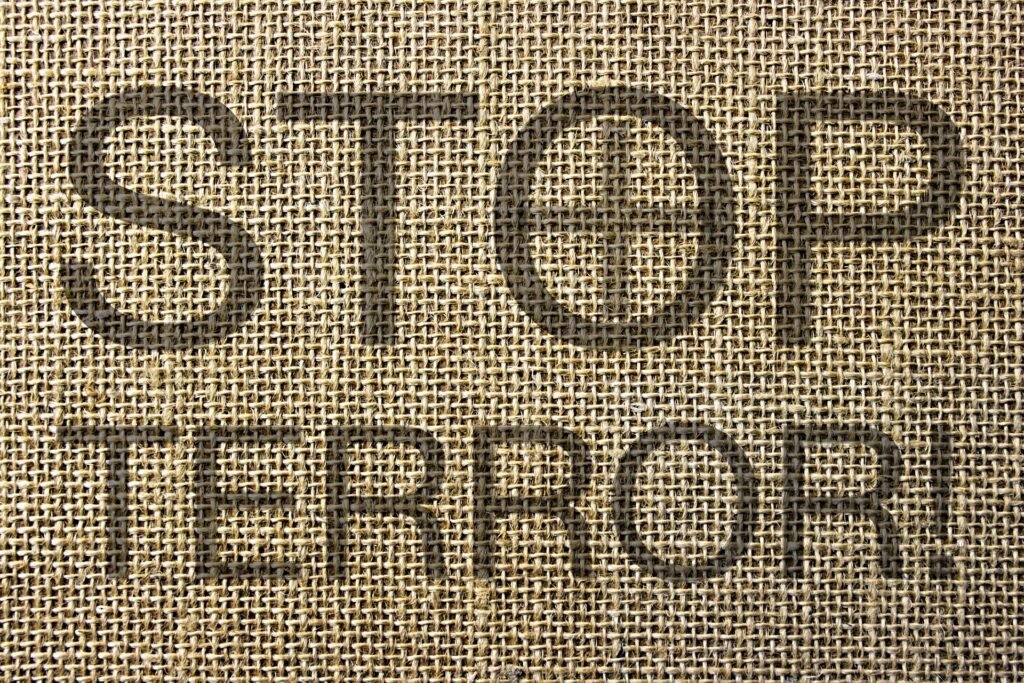Table of Contents
Toggle“Unlocking the Israel-Palestinian Conflict: A Journey Towards Liberation Through Positive Engagement” embodies the transformative power of unity.
The conflict between Israel and Palestine is deeply rooted in historical, political, religious, and territorial disputes, making it complex and multifaceted. While it’s challenging to pinpoint a single “real cause,” several key factors contribute to the ongoing conflict:
-
Territorial Disputes:
-
Security Concerns:

-
Occupation and Settlements:
-
Refugees and Right of Return:

-
Political Impasse:
Here are some potential strategies:
-
Diplomatic Initiatives:

-
Humanitarian Assistance:
-
Ending Occupation and Settlement Expansion:
-
Promotion of Dialogue and Reconciliation:
-
Respect for Human Rights:


The conflict between Israel and Palestine has led to untold suffering and loss on both sides, with each attack leaving scars that run deep in the hearts of those affected. However, amidst the devastation and despair, there remains a glimmer of hope for a future where peace and understanding prevail. It is in the resilience of the human spirit, in the acts of kindness and compassion amidst the chaos, that we find the potential for healing and reconciliation. May the shared longing for peace guide the way forward, as both Israelis and Palestinians strive to build a future where every heart, regardless of nationality or religion, can finally find solace in the embrace of lasting peace.

Good
Pingback: "Holy Prophet Hazrat Mohammad (PBUH): The Light of Guidanc0
Pingback: Jewish Religious Value of the Red Heifer in Jewish Religiou0
Pingback: Incident Bahawalnagar: April 10/2024 is a dark day Pakistan0
Pingback: "Lightning Staff Upgrades in Call of Duty Zombies"000000